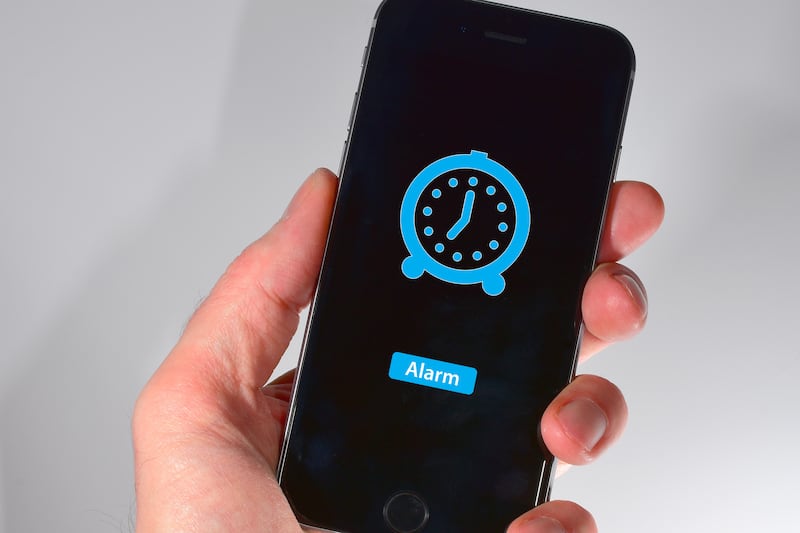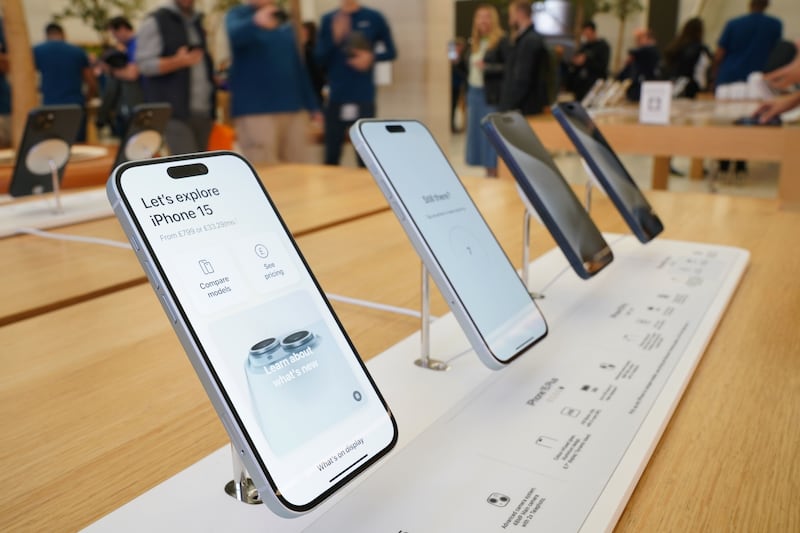CONTINUED demand for the latest iPhones has helped offset a decline in first-quarter sales at Apple.
Revenues at the global tech giant dipped by three per cent $94.8bn (£75.4bn) on the three months to April 1 - a second successive quarter where sales fell.
But buoyed by demand across South Asia and Latin America, sales for iPhones edged up 1.5 per cent year on year, hitting $51.3bn (£40.6bn).
However, the generally slowing economy and rising prices have forced many potential purchasers to put off buying computers and iPads.
Apple’s services unit, which includes Apple Music, Apple News and Apple Pay, saw a record sales increase of 5 per cent year on year that topped more than $20bn (15.8bn).
Sales grew more than 2 per cent in Europe, but Apple’s biggest market in the Americas saw sales fall more than 7 per cent.
Apple chief Tim Cook spotlighted growth in India, where the firm is investing heavily and which he visited last month to open the company's first two official stores in the country.
“Overall I couldn't be more delighted and excited by the enthusiasm I'm seeing for the brand there,” he said.
“We are pleased to report an all-time record in services and a March quarter record for iPhone despite the challenging macroeconomic environment, and to have our installed base of active devices reach an all-time high.
“We continue to invest for the long term and lead with our values, including making major progress toward building carbon-neutral products and supply chains by 2030.”
Apple chief financial officer Luca Maestri added: “Our year-over-year business performance improved compared to the December quarter and we generated strong operating cash flow of $28.6bn while returning over $23bn to shareholders during the quarter.”
Apple is one of the world's most valuable companies, and its sales are seen as a bellwether of the state of retail.
Its financial statement follows a series of updates from other tech giants, including Facebook-owner Meta and Alphabet, parent company of Google, which had also been better than expected.








